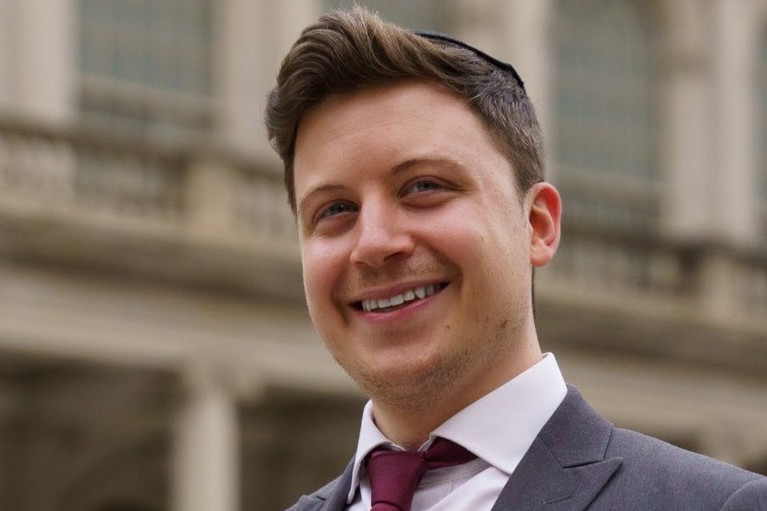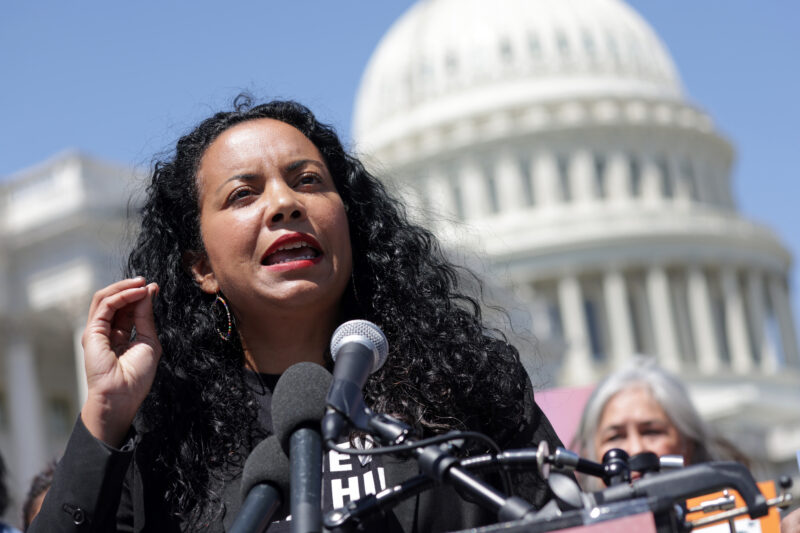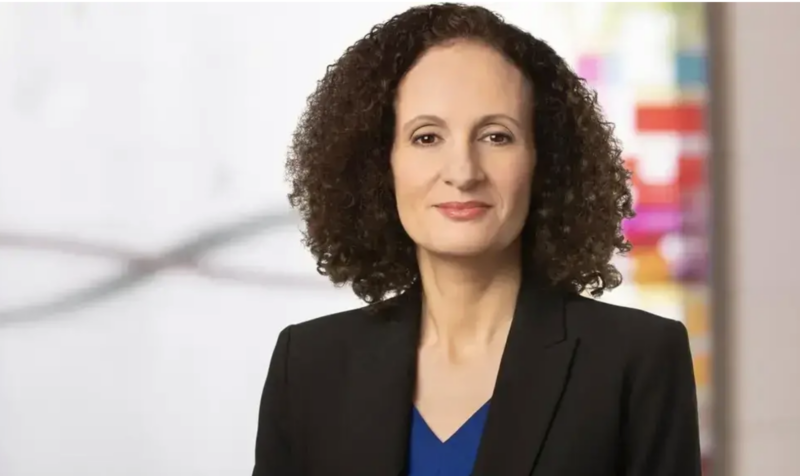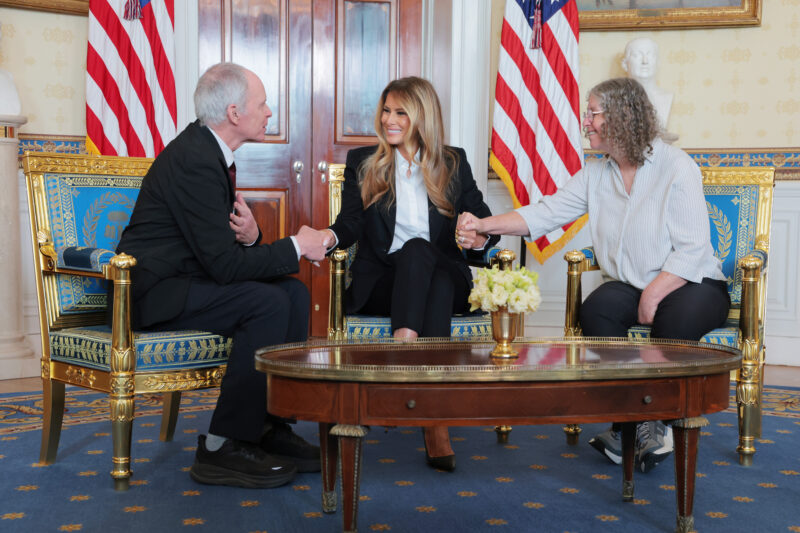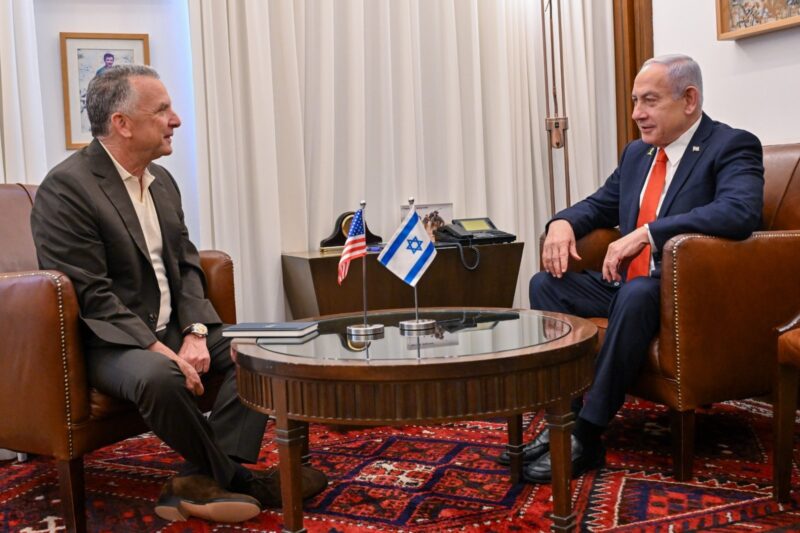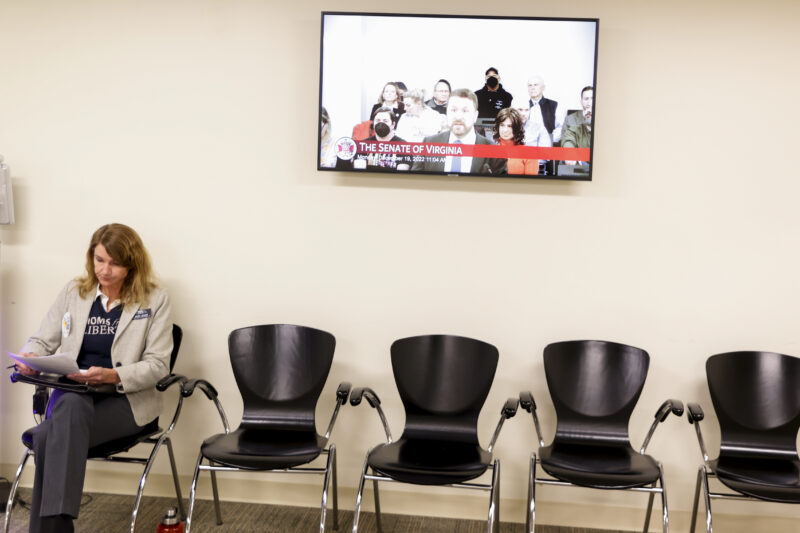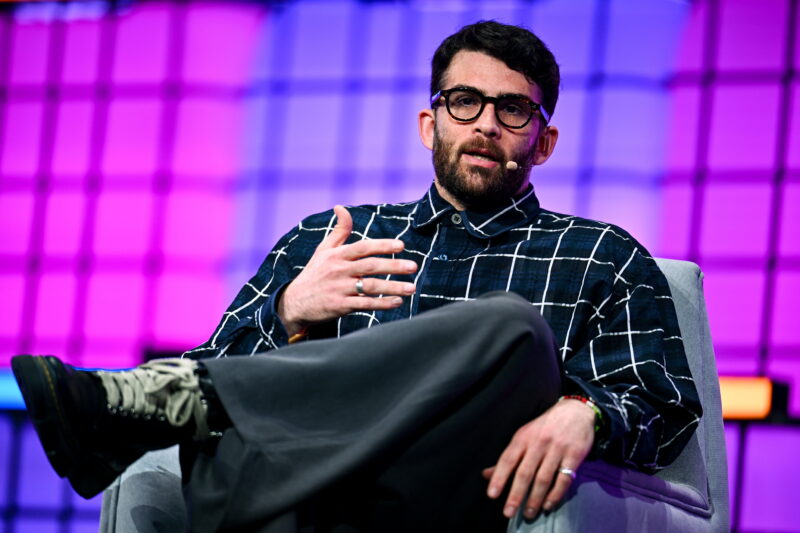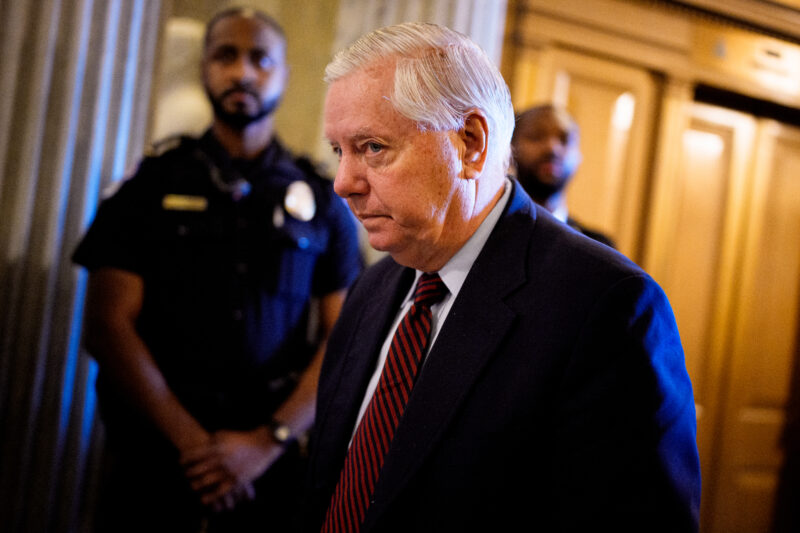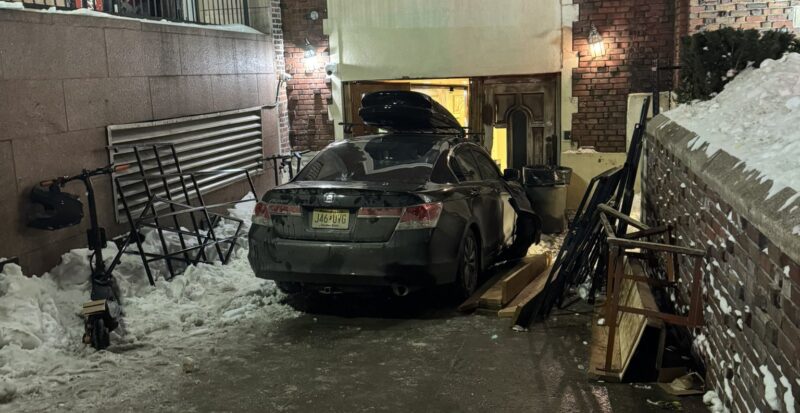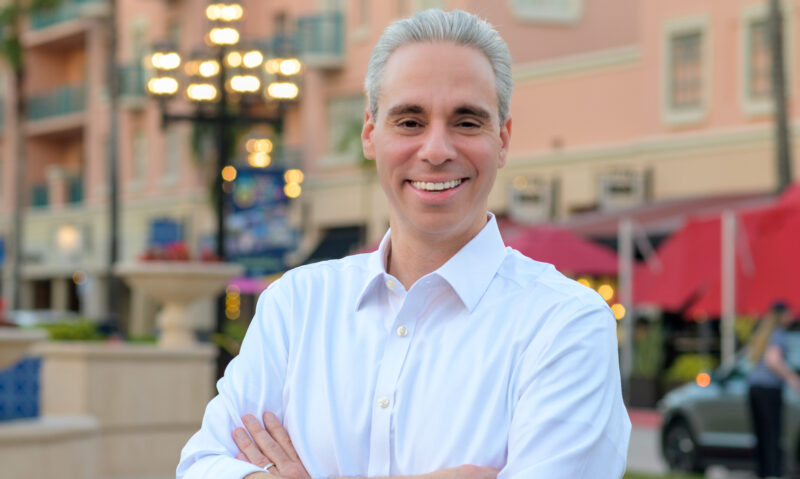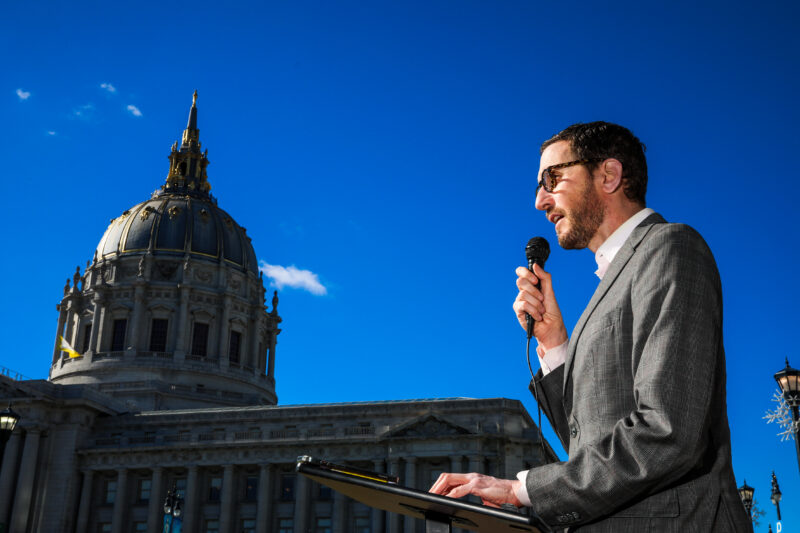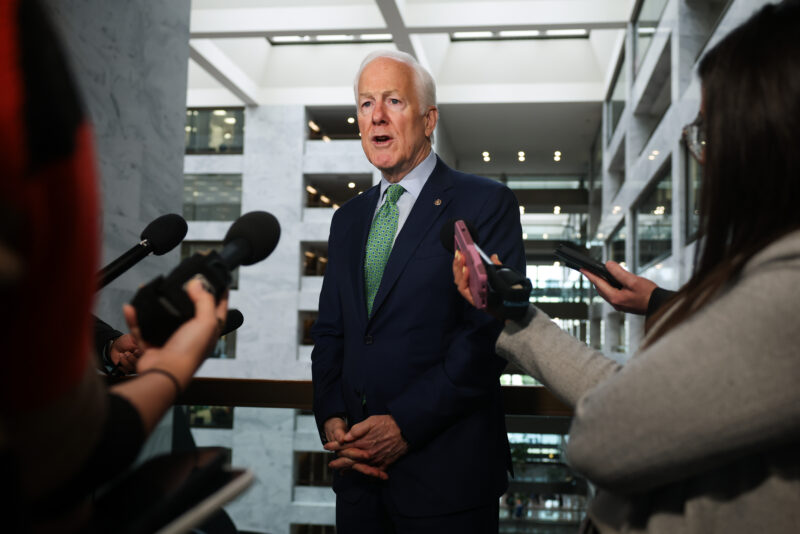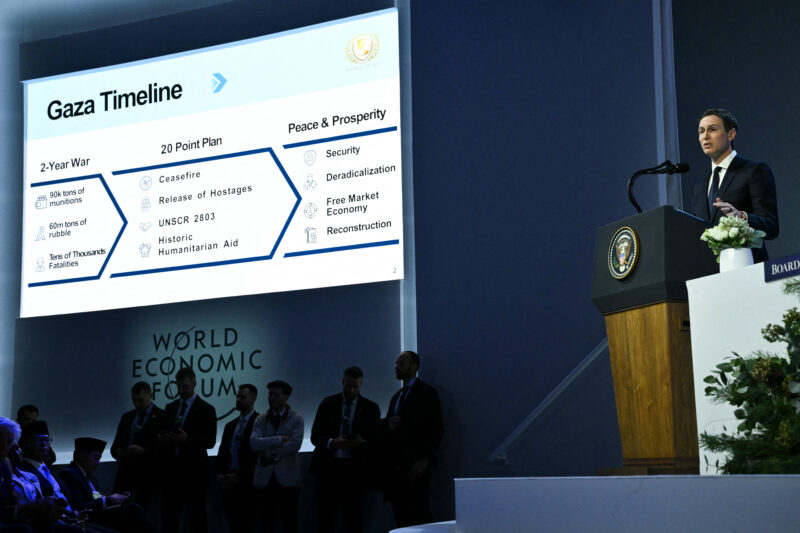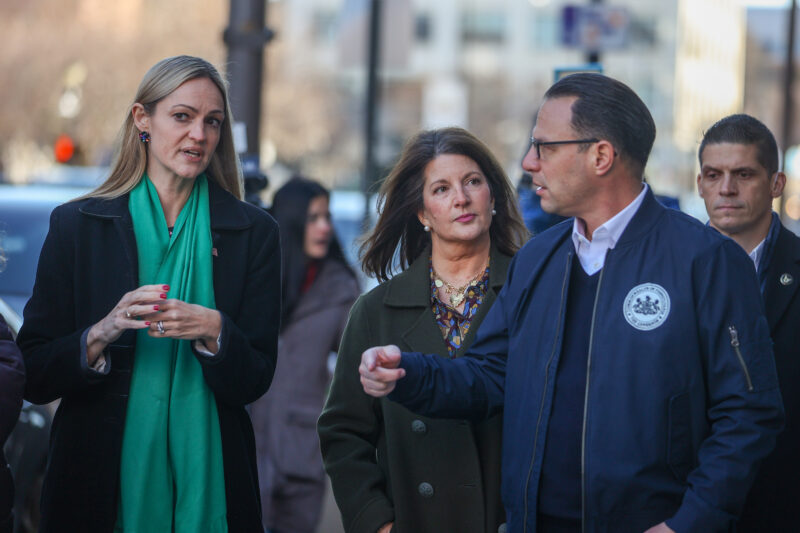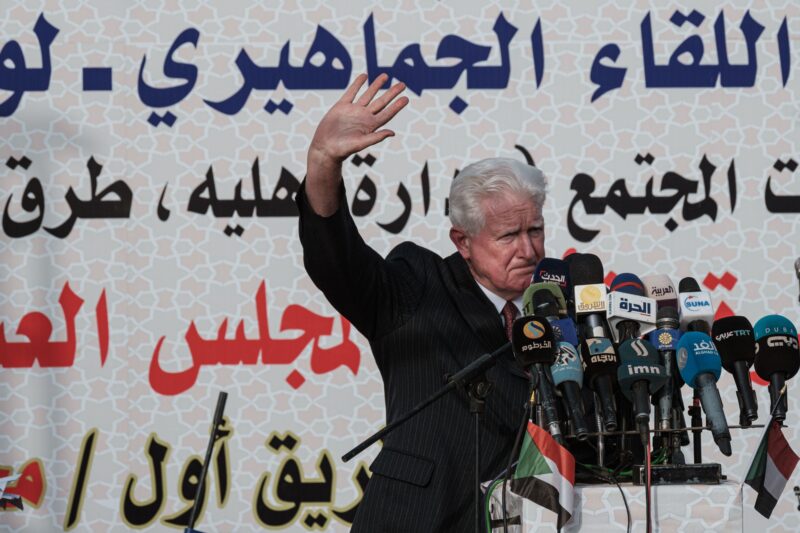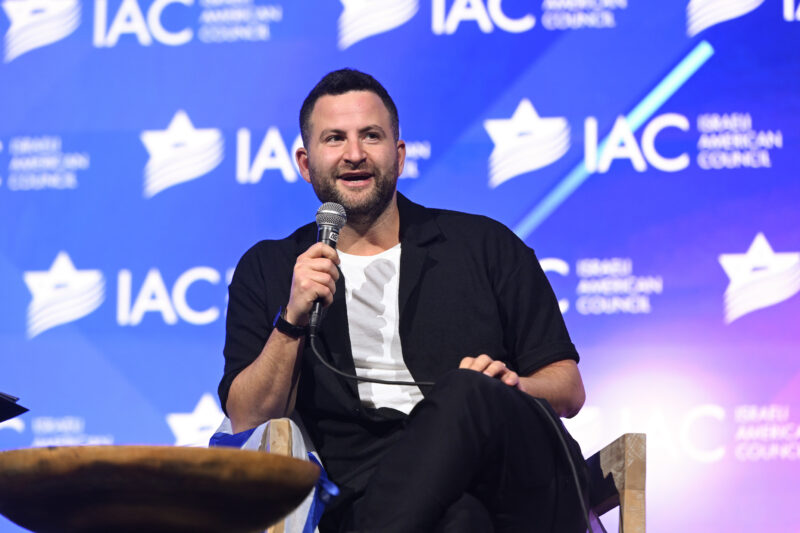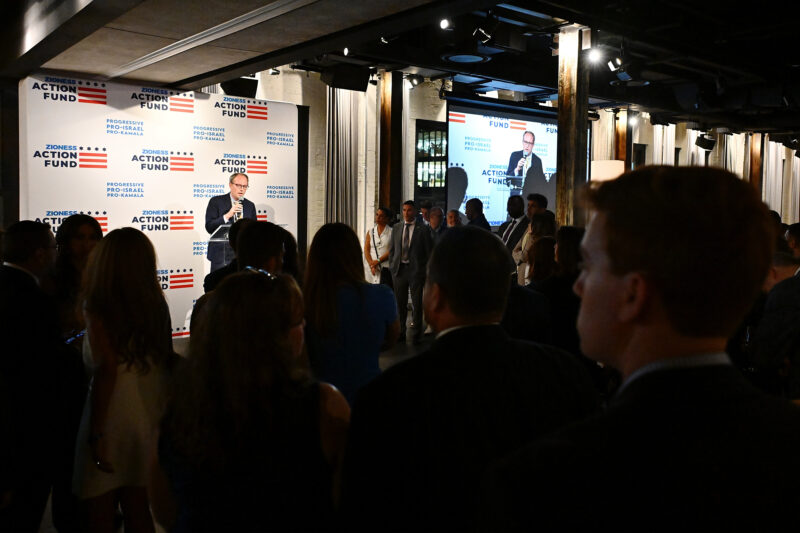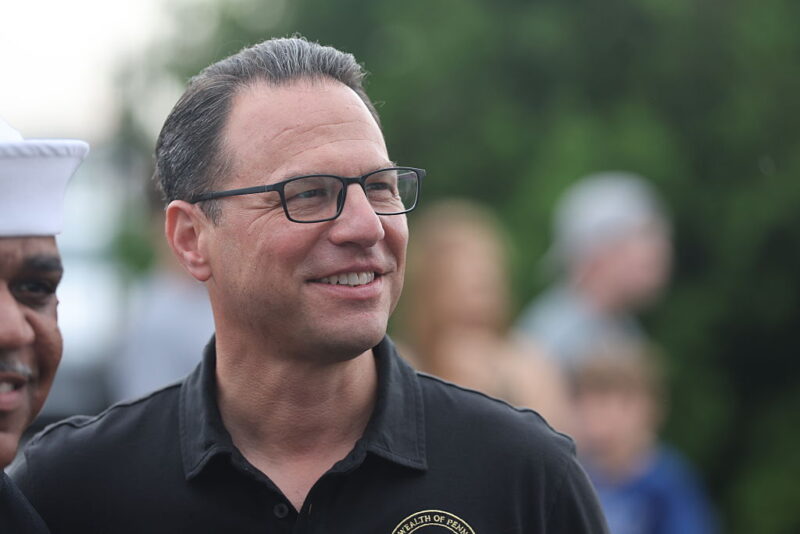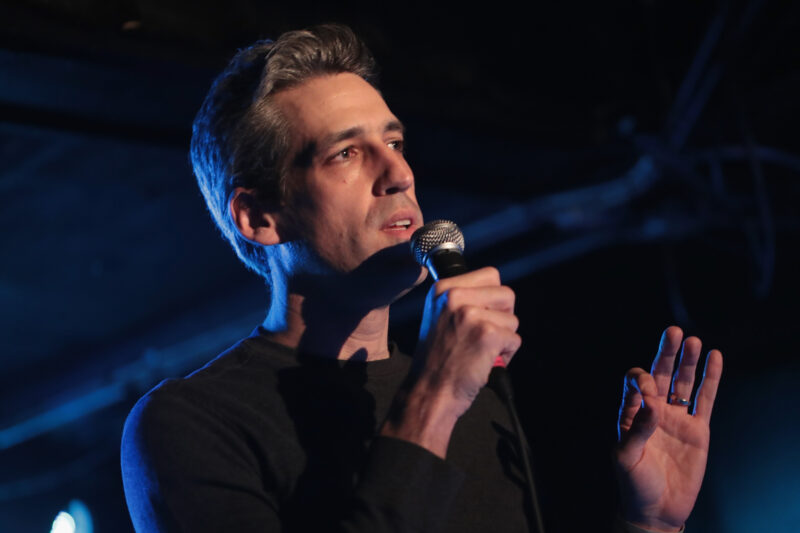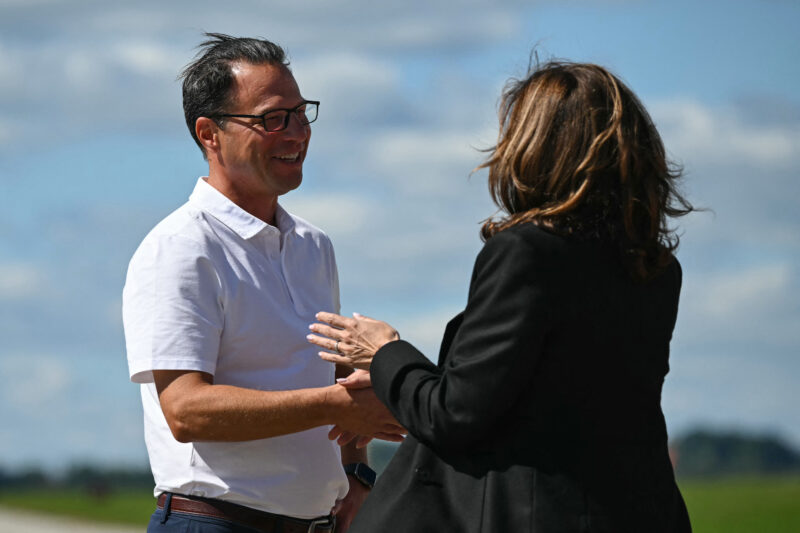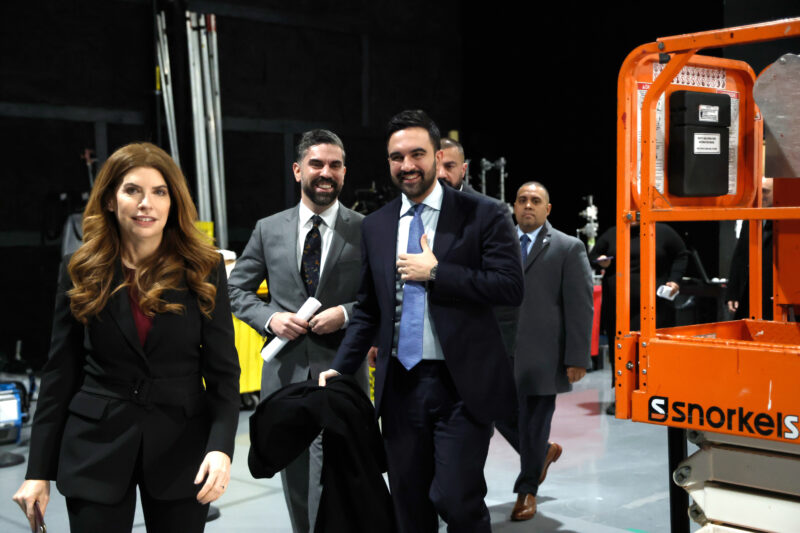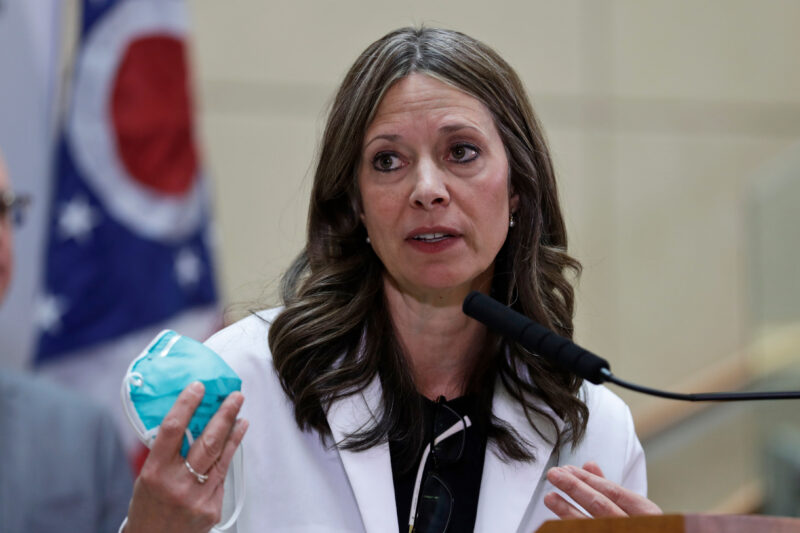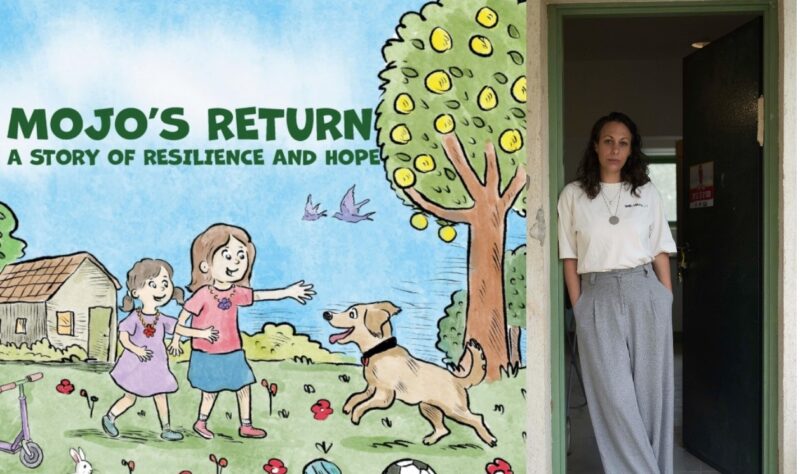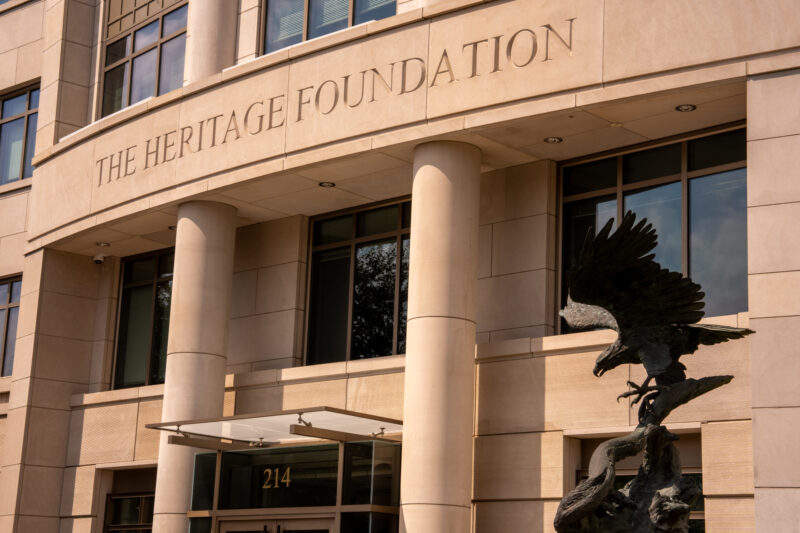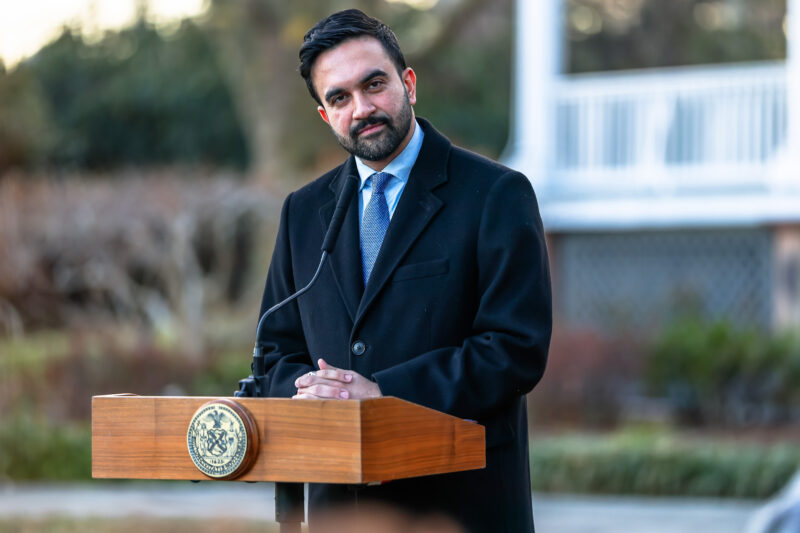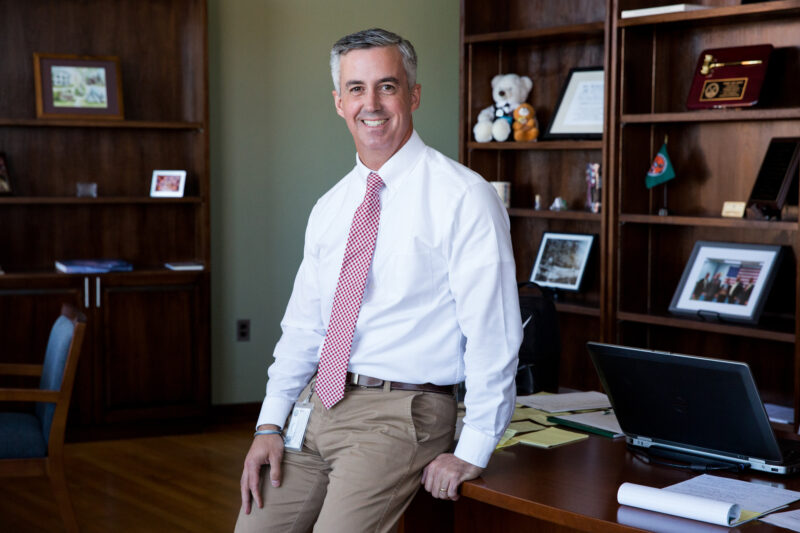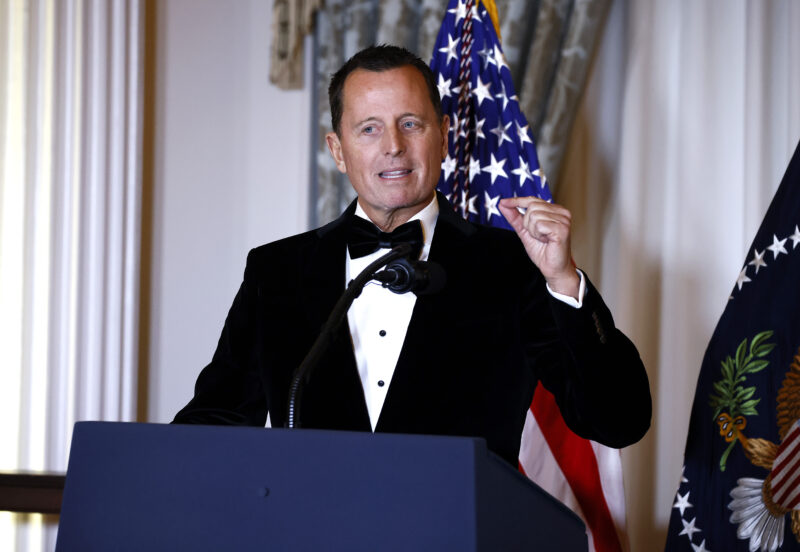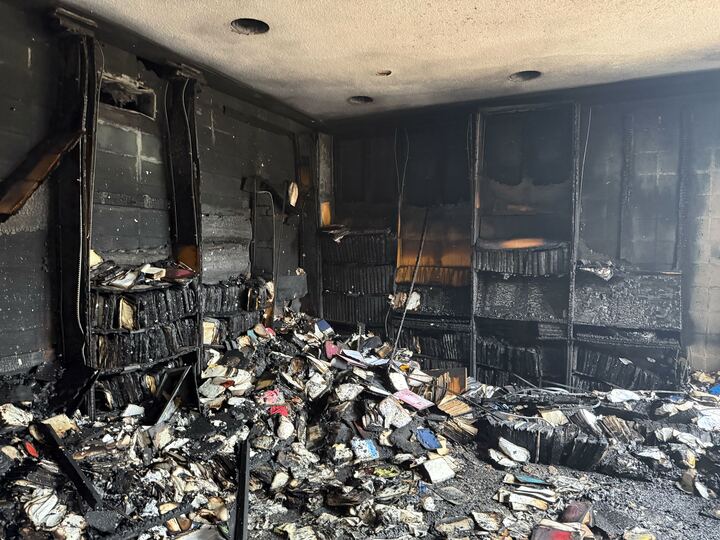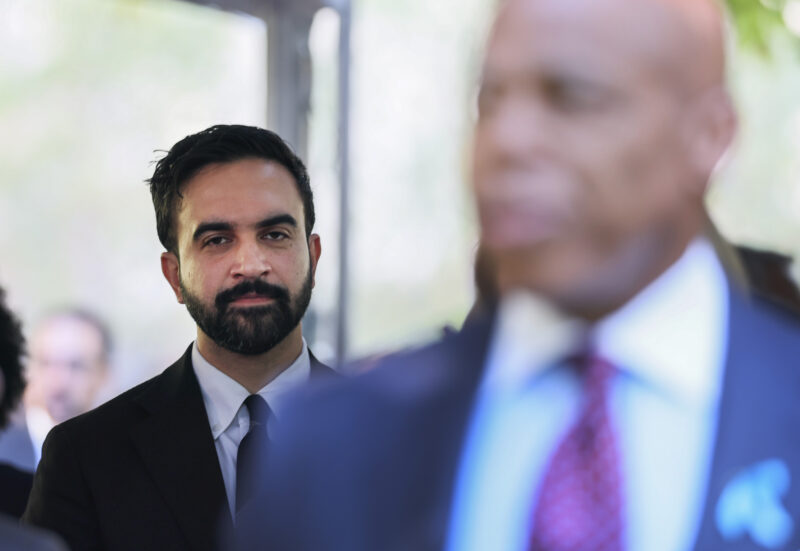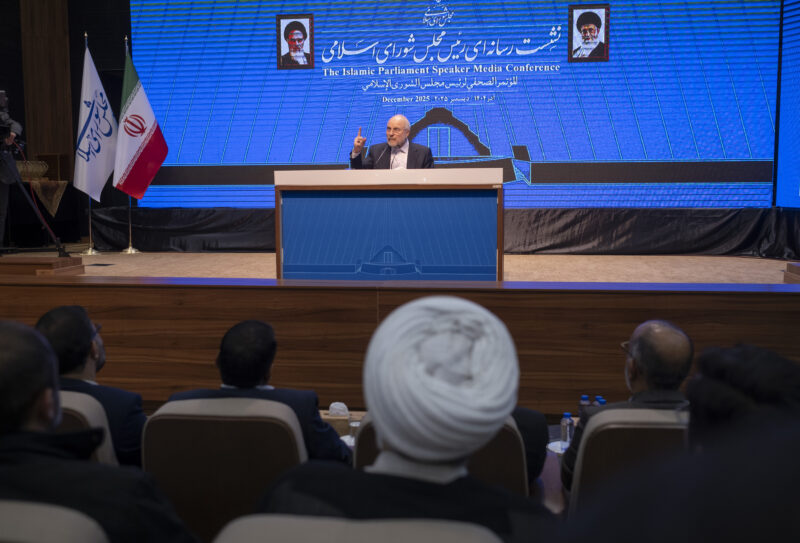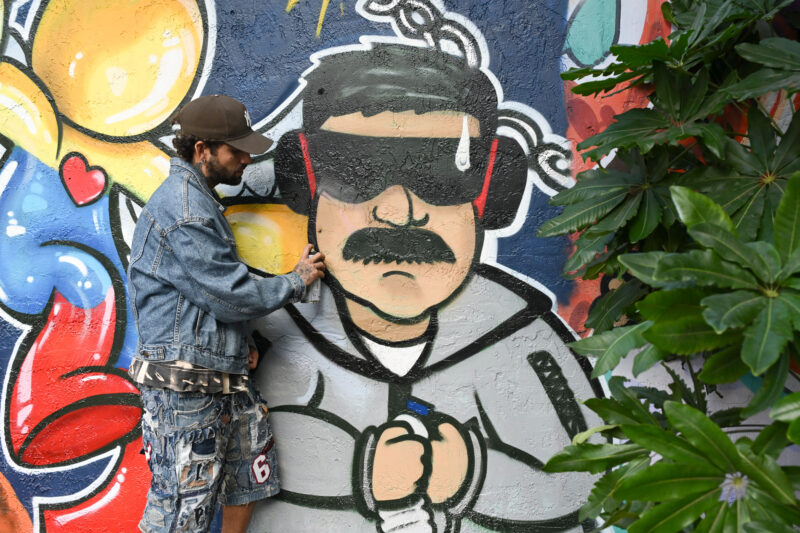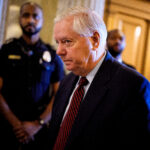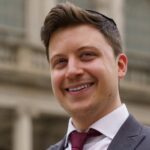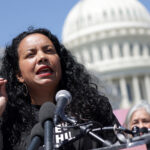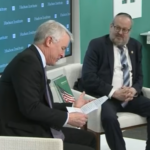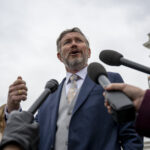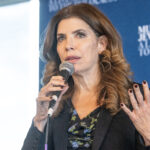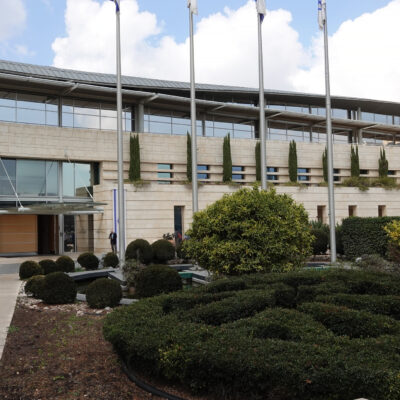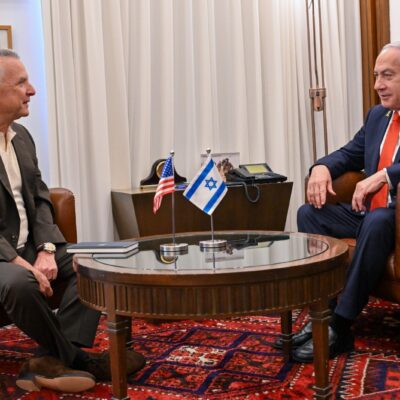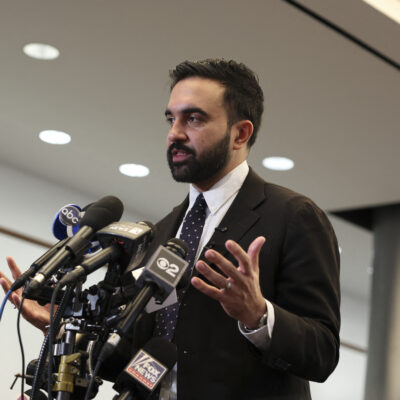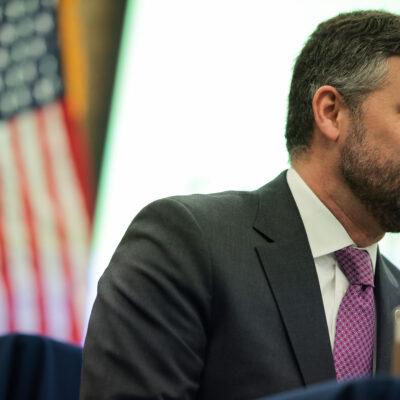Senate committee hearing highlights antisemitism’s toll on older Jews
Sen. Rick Scott (R-FL), the committee’s chairman, said in his opening statement that he organized the hearing to highlight the fear permeating elderly Jewish communities in Florida and nationwide

Annabelle Gordon/Sipa USA via AP Images
David Schaecter, Holocaust Survivor and Founder, Holocaust Memorial Miami Beach at a Senate Committee on Aging in the Hart Senate office building in Washington, DC on Wednesday, April 30, 2025.
The Senate Aging Committee convened a hearing on Wednesday on the recent surge in domestic antisemitism and its impact on older Americans.
Sen. Rick Scott (R-FL), the committee’s chairman, said in his opening statement that he organized the hearing to highlight the fear permeating elderly Jewish communities in Florida and nationwide. “Older Jewish Americans overwhelmingly recognize the increasing threat of antisemitism. In fact, according to the American Jewish Committee’s 2024 State of Antisemitism in America report, 96% of Jewish Americans over the age of 65 recognize that antisemitism is a problem in the U.S. today,” Scott said.
“These statistics are not just numbers. They represent lives, families, and communities being impacted by fear and violence. Beyond the statistics, elderly Jewish individuals have faced direct acts of aggression,” he continued, pointing to reports of “elderly Jewish individuals being harassed in public, attacked at protests and even killed in antisemitic incidents.”
Witnesses at the hearing included David Schaecter, president of the Holocaust Survivors Foundation USA (HSF); Rabbi Mark Rosenberg, a Florida law enforcement chaplain and director of Chesed Shel Emes Florida; American Jewish Committee CEO Ted Deutch; and Rebecca Federman, senior director of the security desk for the Community Security Initiative.
Schaecter detailed his harrowing experience surviving two Nazi concentration camps during World War II, the antisemitism he encountered in the years after escaping (while being transported to a third camp) and his work promoting Holocaust education after emigrating to the United States.
“Survivors suffer from extreme physical and mental-health challenges due to the long-term effects of starvation, beatings, disease, malnutrition and the murders of our loved ones. I am here to remind everyone that there are still thousands of survivors alive today who are in desperate need, and who cannot be forgotten,” Schaecter said in his introductory remarks, going on to tout his support for the HEAR Act “and other legislation that will enable families to recover their property from those who still want to profit from the Holocaust.”
Federman testified that she had found through her work that “campuses are no longer just centers of First Amendment-protected protest. While not all campuses have seen the same level of protest activity, harassment, and intimidation of Jewish students, in some cases, campuses have become launchpads for violence and hate.”
Scott asked Rosenberg how well equipped he believed law enforcement officers were to recognize and respond to antisemitic incidents nationwide, to which he replied that the answer varied based on location.
“That depends on which area, in areas such as South Florida, like Dade County … We do a lot to educate them. We could do a lot more, many times across the state. In different states, I find it to be that if they would know more, they would be able to do a much better job,” Rosenberg said, later adding: “We need to educate” as many law enforcement officers as possible.
Scott later asked Deutch how the public could respond to the rise in reports of licensed healthcare professionals threatening on social media to deny care to Jewish or Zionist patients. Deutch concurred with Scott that the hospital group employing those individuals should fire them, and that community members should speak out when they learn of such individuals to help ensure they’re removed from their roles.
“The idea that there may be professionals who have said that if a patient comes in, that their care will be different, will be will be lesser, or will be shunned aside altogether because they happen to be Jewish, then that can’t be tolerated. It wouldn’t be tolerated if someone made a comment like that about any other group, and I would think that the hospital, the practice, would take action to ensure that that person can’t carry out those antisemitic desires,” Deutch, a former member of Congress, said.
Sen. Tommy Tuberville (R-AL) read out a letter from Auburn men’s basketball coach Bruce Pearl, a vocal supporter of Israel who is currently visiting the Jewish state, in which Pearl asked committee members to “speak to our educators” and ensure that children learn about the Holocaust.
“We have to do two things. We have to protect ourselves from those who want to kill us,” Pearl wrote, “and we have to try to live exemplary lives so that maybe the uncertain won’t hate us.”
Sen. Andy Kim (D-NJ) expressed concern about whether the Holocaust Survivors Assistance Program, which supports elderly survivors of the Holocaust and other tragedies, might be endangered in efforts to cut back and reorganize the Department of Health and Human Services.
Deutch said he’s watching the issue closely and said that the program is “critically important.”
“This is a program that takes care of those whose needs are great and whose histories demand that we be there for them so that we can help them live out their lives in dignity,” Deutch continued. “Any changes that would result in cutting back on funding, any chances that would impede the ability to ensure that mission that I think we all have in caring for seniors and for survivors in particular is something that we should all work to prevent.”
Kim also thanked Schaecter for his “extraordinarily powerful testimony” and said he planned to have both of his sons watch Schaecter’s testimony. Kim noted that he had written his college thesis on the Holocaust.
Please log in if you already have a subscription, or subscribe to access the latest updates.






